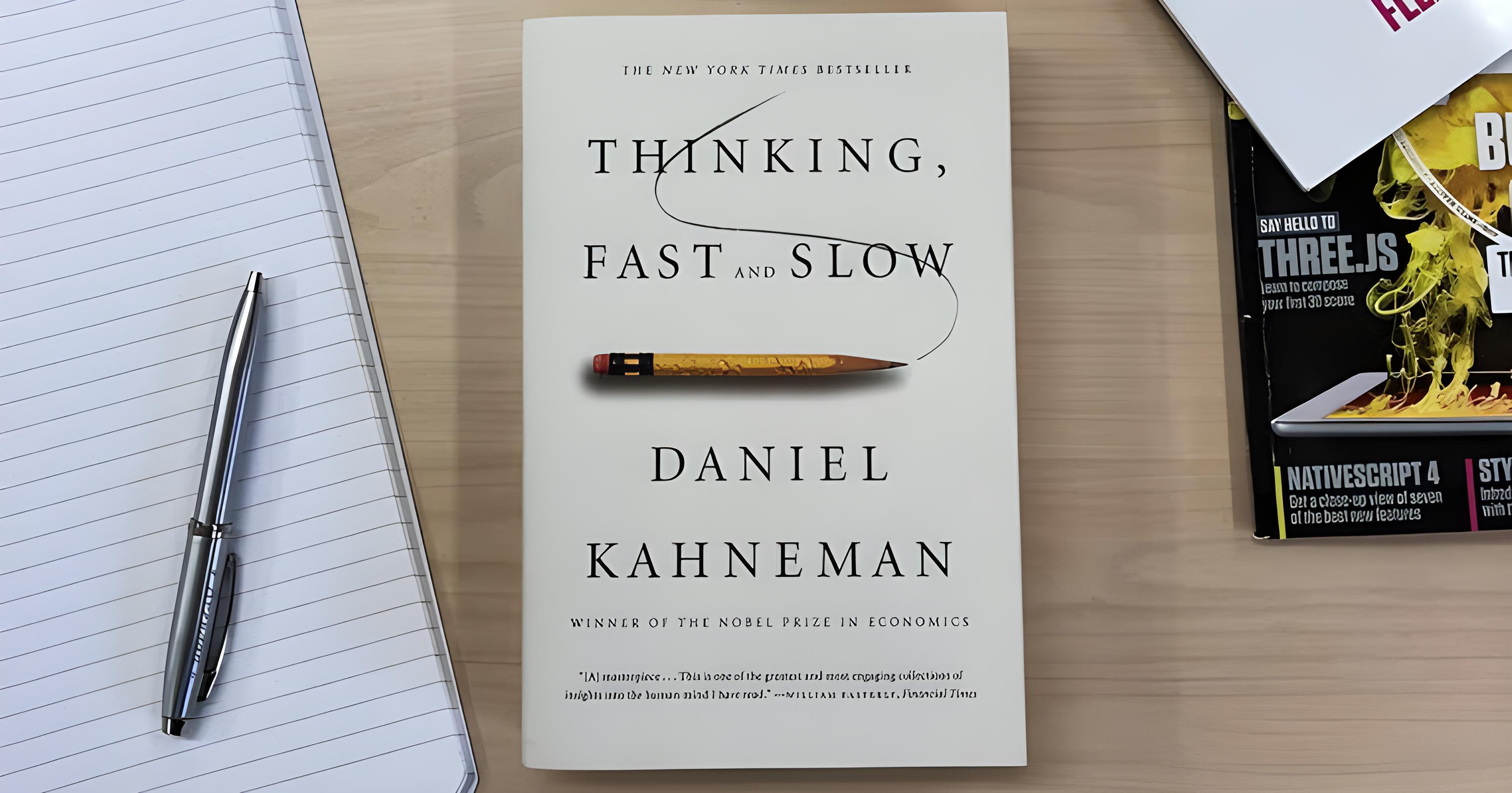Back
Suman solopreneur
Exploring peace of m... • 1y
Behavioral Finance examines how emotions and biases affect financial decisions, leading to irrational behavior. Unlike traditional finance, it acknowledges that people often make decisions influenced by psychology. Key points include: 1. Loss Aversion: People fear losses more than they enjoy gains, leading to poor investment choices. Recognizing this can help you stay calm during market dips. 2. Overconfidence: Believing you can predict market trends often leads to risky behavior. Understanding this can help you focus on long-term, diversified investments. 3. Anchoring: Relying too much on initial information (like purchase price) can cloud judgment. Being aware of this helps you make objective decisions. By understanding these biases, you can improve your financial decisions and focus on long-term growth.
More like this
Recommendations from Medial
Aakash kashyap
Building JalSeva and... • 1y
"The psychology of money" 🌟 (Book summary) Day 01 1. Wealth vs. Richness •Definition: Housel distinguishes wealth as the assets you have that generate income, while richness refers to a high income or spending power. •Living Below Your Means: True
See More
Jaswanth Jegan
Founder-Hexpertify.c... • 1y
Incredibly proud to introduce you to CERTIFIED Financial Planners on Hexpertify.com! 🚀 I’ve seen people turn to astrologers for financial decisions, often leading to misguided outcomes. I truly believe that access to the right experts those who are
See More
Suprabhash Rajpoot
Make better than bet... • 6m
We're Hiring a Co-Founder (Finance) – Join Orpers ORPERS is a premium lifestyle and fashion startup, born with the vision to redefine elegance and make Indian luxury global. We're now looking for a Co-Founder – Finance/CFO to join us in our early st
See MoreSHIV DIXIT
CHAIRMAN - BITEX IND... • 1y
★ Top 10 Qualities of Real CEO 1. Leadership: Ability to inspire and motivate teams towards a common vision 2. Visionary: Strategic thinking and long-term planning to guide the company's direction 3. Decision-making: Making tough decisions quickl
See MoreCA Sumit Chandwani
The New way of Compl... • 10m
🚀 The Role of Financial Strategy in Business Growth Managing a business involves countless decisions—budgeting, fundraising, compliance, and financial planning. One common challenge I’ve observed is that many startups and SMEs struggle with financi
See MoreCodestam Technologies
We make automations ... • 2m
Fast hiring often feels efficient—but speed without clarity is costly. Rushed talent decisions quietly compound damage over time: • Trust slowly erodes • Knowledge walks out the door • Teams get stuck in rework loops Urgency solves short-term press
See More
Download the medial app to read full posts, comements and news.














/entrackr/media/post_attachments/wp-content/uploads/2021/08/Accel-1.jpg)




















